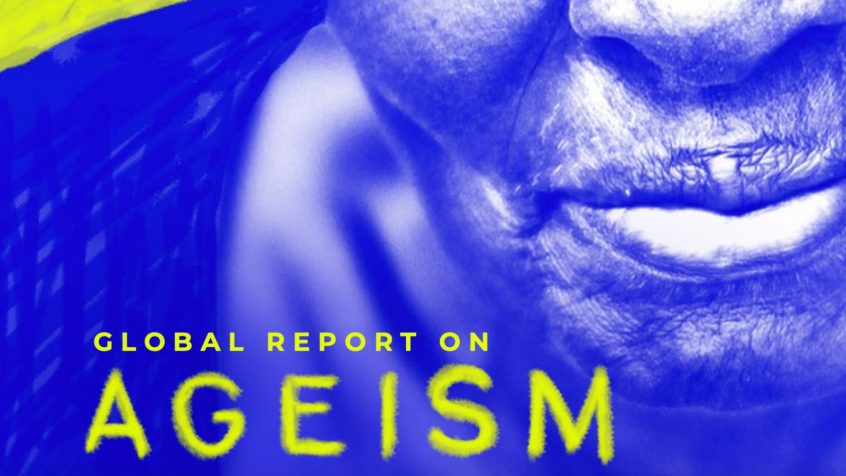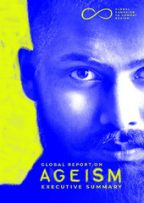
Global Report on Ageism
Age is one of the first things we notice about other people. Ageism arises when age is used to categorize and divide people in ways that lead to harm, disadvantage and injustice and erode solidarity across generations.
Ageism takes on different forms across the life course. A teenager might, for instance, be ridiculed for starting a political movement; both older and younger people might be denied a job because of their age; or an older person might be accused of witchcraft and driven out of their home and village.
Ageism damages our health and well-being and is a major barrier to enacting effective policies and taking action on healthy ageing, as recognized by World Health Organization (WHO) Member States in the Global strategy and action plan on ageing and health and through the Decade of Healthy Ageing: 2021–2030. In response, WHO was asked to start, with partners, a global campaign to combat ageism.
The Global report on ageism was developed for the campaign by WHO, the Office of the High Commissioner of Human Rights, the United Nations (UN) Department of Economic and Social Affairs and the United Nations Population Fund. It is directed at policymakers, practitioners, researchers, development agencies and members of the private sector and civil society. This report, after defining the nature of ageism, summarizes the best evidence about the scale, the impacts and the determinants of ageism and the most effective strategies to reduce it. It concludes with three recommendations for action, informed by the evidence, to create a world for all ages.
 Welcome to the United Nations
Welcome to the United Nations
